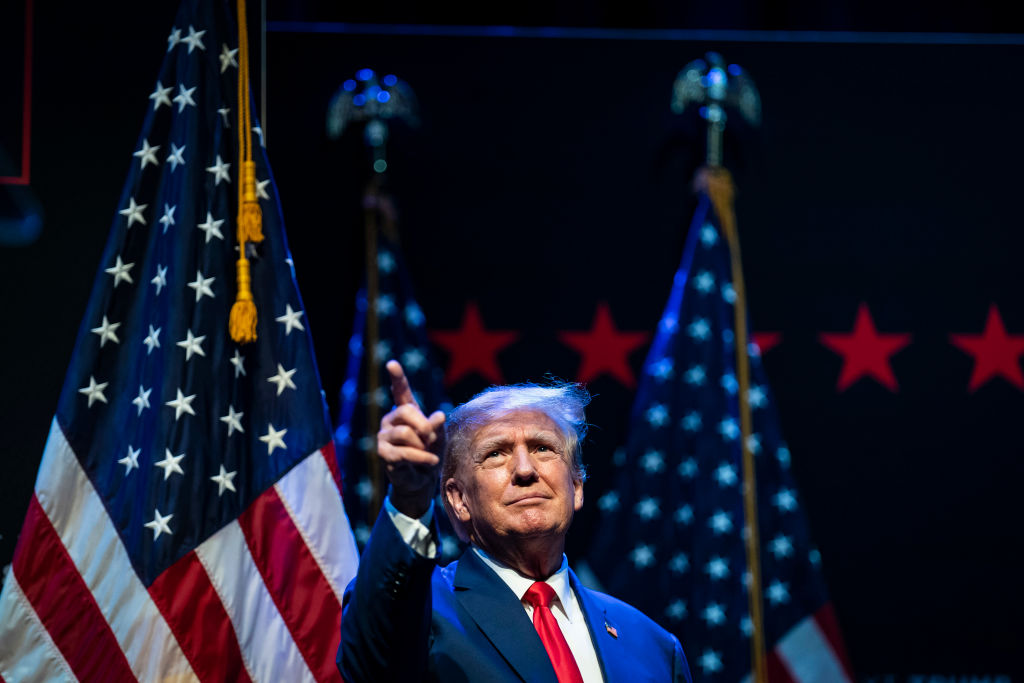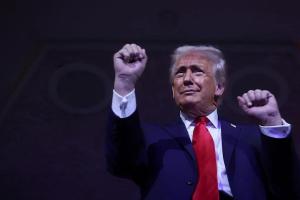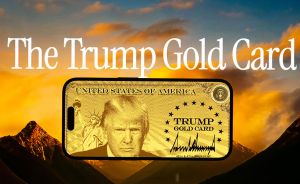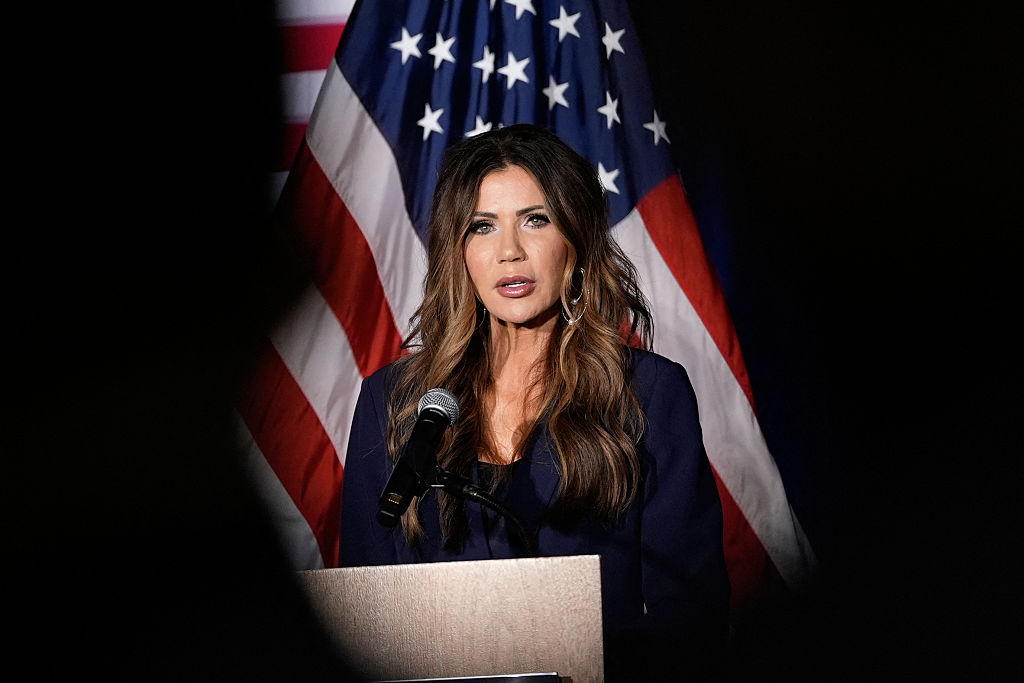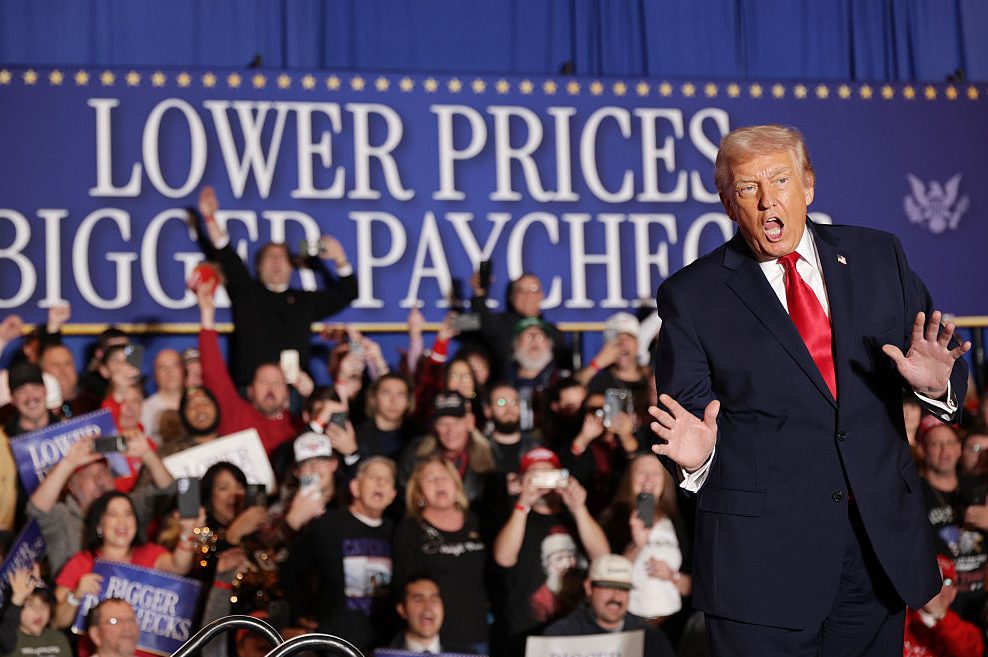A New York grand jury has indicted former president Donald Trump over alleged “hush money” payments to Stormy Daniels, an adult film actress. The jury was empaneled by Manhattan prosecutor Alvin Bragg, a man on a mission. His mission is simple. Get Trump. On anything.
He had to do it with the thinnest of evidence, the weakest of legal theories. He focused on a misdemeanor for which the statute of limitations has expired. Using a novel legal theory, he wants to tie that misdemeanor to other alleged crimes and package them all as a felony. The case, he knows, will be tried before a Manhattan jury that hates Trump as much as he does.
That’s not how our justice system is supposed to work. Prosecutors are not supposed to begin with the target and then look for a crime. How do we know Bragg did that? Because his path to get Trump was so strained and circuitous. If the crime was hush-money payments, he should have stopped — because the statute of limitation expired long ago. If the crime was federal campaign violations, he should have stopped for three reasons. First, experienced federal prosecutors declined to prosecute — and they know that law far better than Bragg does. Second, Trump’s associates believed the payments were meant to soothe relations with his wife, not help his campaign. Third, Bragg’s case relies on the testimony of Michael Cohen, who is out for vengeance and whose reputation for truthfulness is roughly equal to Baghdad Bob or a Kremlin spokesman.
Bragg’s idea is to strap the hush-money payments onto other alleged crimes, put a ribbon on it, and call it a felony. The legal theory is novel, but it still might convince a jury that loathes Trump. It would not be a winning case in rural Alabama.
Pundits responded to the news by focusing on the 2024 election. “This indictment,” they say, “will actually help Trump.” Why? Because the case is so thin, the prosecution so obviously political. They are certainly right that Trump’s supporters will be outraged — and they are crucial to the Republican primaries. It’s unclear, however, whether independent voters will be swayed more by the malicious prosecution or by the never-ending drama surrounding Trump.
Legal observers say Trump is far more vulnerable for his statements about the classified documents at Mar-a-Lago. His vulnerability is less for possessing the documents than for (allegedly) lying about them. Trump and his attorneys swore that they had returned all those documents to the National Archives when the former president had actually retained quite a few. At least one classified document was apparently retrieved from Trump’s desk, which crushes the “I didn’t know” defense.
Obstruction cases like this are meat-and-potatoes for the Department of Justice — and this one looks strong. Putting that straightforward obstruction case behind Bragg’s is political malpractice, as Biden and his team surely know. But Bragg is a man on a mission.
Important as the political implications of Bragg’s prosecution are, they are only half the story. The other half is the perversion of justice. You don’t have to like Donald Trump to be deeply troubled by the way Bragg has attacked a foundation of our constitutional democracy: the fair and neutral administration of justice.
Bragg’s defenders will say, rightly, that “no one is above the law,” or at least no one should be. That standard is fundamental to a fair system of justice. But so is another, though it is stated far less often. “No one is beneath the law, either.” In our democracy, that means no one should be subject to political prosecution. That’s exactly what is happening here. That’s not just an attack on one person who has been indicted. That’s an attack on the fairness and legitimacy of our system of justice.



